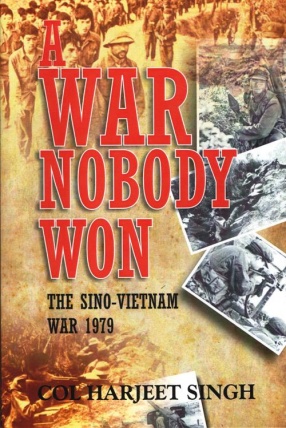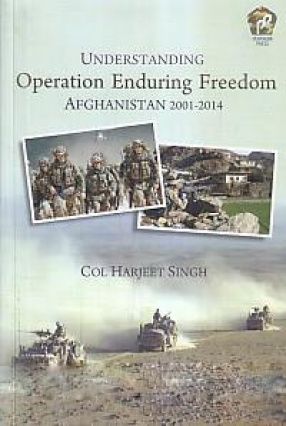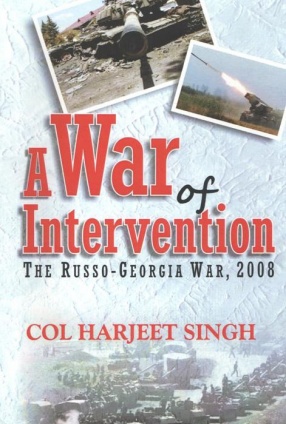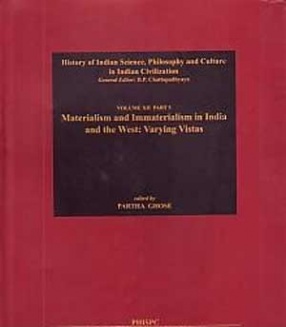In early 1979 China invaded Vietnam, in the words of the Chinese leadership; to “teach Vietnam a lesson” it would not soon forget. Despite Beijing’s claim of victory, in defence of China’s security the war did not proceed as well as it had expected and the People’s Liberation Army (PLA) performed poorly in the conflict. It was China, not Vietnam, which actually received the lesson.
China’s documentation on the war remains classified and the information available is not only fragmentary and biased, but also of questionable truth. There are few English language accounts and much of what exists is speculative. However, many internally circulated materials concerning the PLA`s performance in the 1979 war have become accessible on the internet. In addition, memoirs by high-ranking military officers have become available.
This book discusses China’s historical relations with Vietnam and their influence on Beijing`s approach towards the war, as well as Deng Xiaoping’s role. It examines the PLA’s conduct, including the military strategy and preparations for the attack and the conduct of military operations. It also reviews the repercussions of the conflict, politically and militarily, and lessons learned.
The book also expounds Beijing`s approach to warfare, showing its distinctive Chinese characteristics. Its leadership did not hesitate to use force after calculating when and how to use military power. The aim of the PLA was to seize and maintain the operational initiative; and the basis on which the Chinese evaluated military success was geopolitical rather than operational execution. The PLA was roughly handled by the Vietnamese, but accomplished Beijing`s strategic goals, diverting Vietnam`s attention to the military offensive on its northern border which undercut its actions in South-East Asia. The role of the USA and Soviet Union is also probed in a war nobody won.








There are no reviews yet.